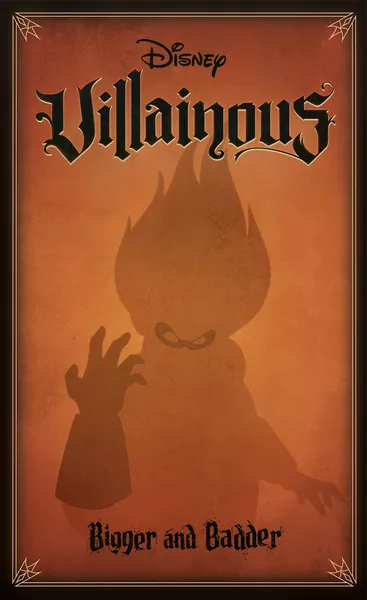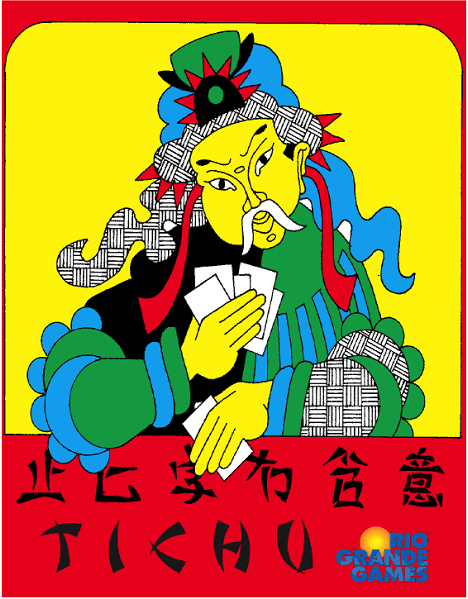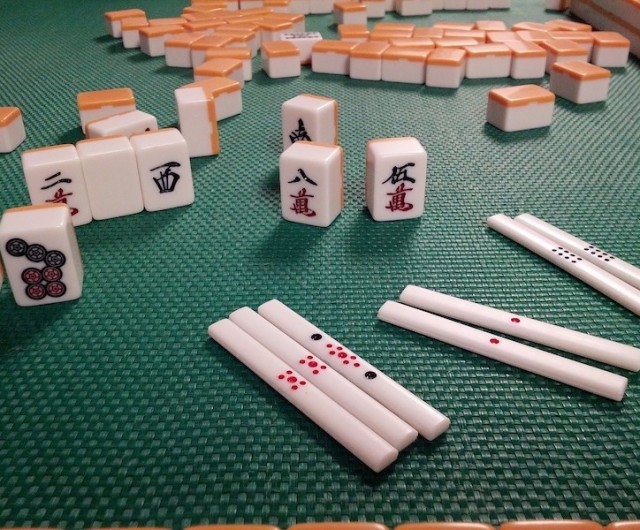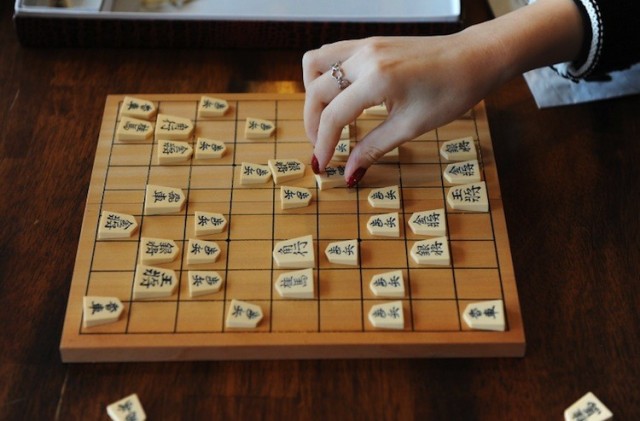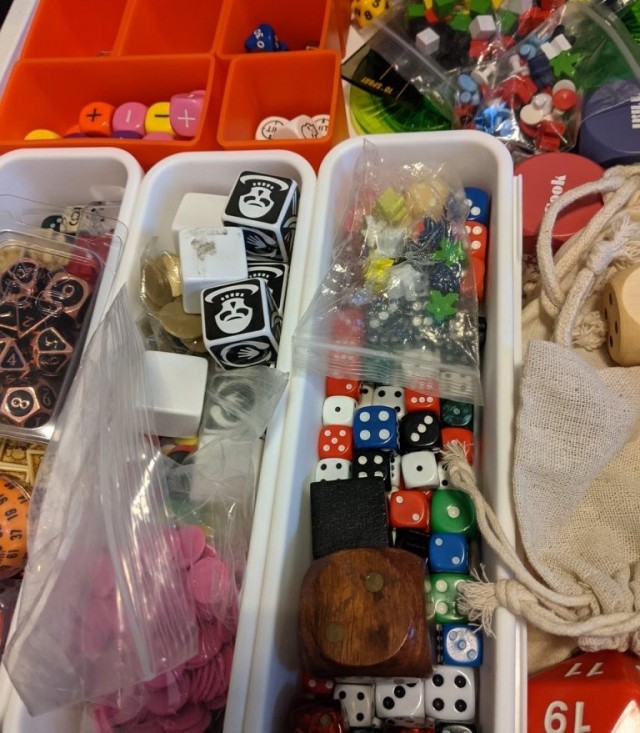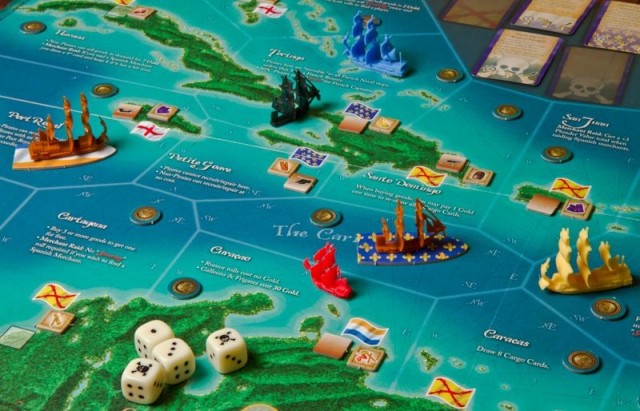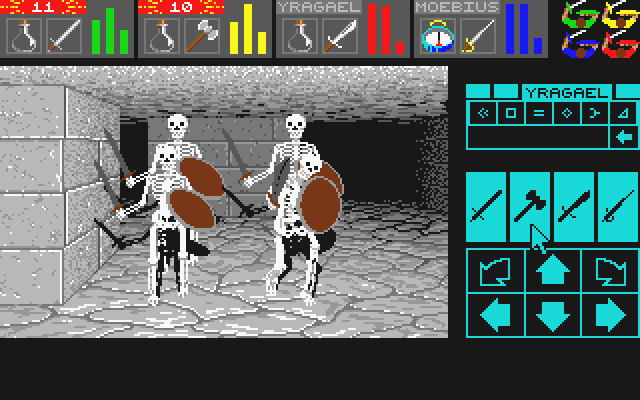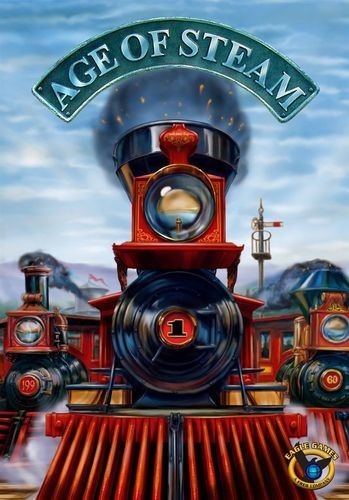Fun n.
1. A source of enjoyment, amusement, or pleasure.
2. Enjoyment; amusement: have fun at the beach.
3. Playful, often noisy, activity.
- American Heritage Dictionary
1. The employment of time in a meaningless and non-practical way
- Arnold Rimmer (quoting Kryten)
I offer you these definitions as a means to demonstrate what it perhaps painfully obvious - that the meaning of “fun” varies widely depending on the individual. Many people I know wouldn’t class games of any sort as being “fun” at all. Even within our shared hobby, we have such a diverse sense of what makes a fun game that we routinely engage in slanging matches over the concept, partly because gamers often like to see their hobby as somehow deep and intellectual. This facet of what interests us in games means, I think, that these sorts of divisions run rather deeper than stratifications in other hobbies and pastimes - some gamers seem to become positively obsessed with them. Compare it with video games for example: whilst many computer gamers have a favoured idiom, there is general agreement that the very best games in a given category will usually appeal to almost anyone interested in playing video games.
It is therefore pretty much impossible to come up with a concrete description of what makes a game “fun” because it’ll mean different things to different people. And yet it nevertheless seems that there are games which manage to cross boundaries of taste and become genre classics, beloved by the vast majority of gamers in spite of the taste differences that we’re so fond of shouting to the rooftops. One that springs to mind is the eternally-youthful Cosmic Encounter. I suspect a big part of the appeal of that game is because it manages to shoehorn much of the fun of a many-hour multi-player conflict game into a sixty-minute play time which has obvious cross-platform appeal. So you might be tempted to say that a short playtime is the hallmark of such a game. And yet I wouldn’t hesitate to highlight Through the Ages as another such genre-defying game, but that actually runs fairly long and seems to have gained its popularity on the back of a set of mechanics that seems to offer something to fans of a wide variety of game styles. So it seems that even though we can say for definite that there are some shared concepts behind what hobby gamers can universally celebrate as a “fun” game, it seems equally definite that we can’t pin them down. And for me, at least, this is a terribly irritating conclusion to draw.
Because the world is full of games. I am constantly astonished, when snooping around for a title to scratch some gaming itch or other, at how many great looking games there are out there which have been around for years but which haven’t drawn any time in the limelight. We have a quite absurd level of game overload. The need for us to find time and opponents to game means that we can’t simply pick-up-and-play a boardgame like you can a video game and so our play time is limited and inevitably lots of interesting looking games fall by the wayside. It is therefore important to me to make sure that if I’m going to commit time - let alone money - to a game, I want to be fairly certain that it’s a game I’m going to enjoy. I devote quite a bit of effort to trying to pin down such games, and that often means reading a lot of reviews. And reading a lot of reviews it becomes painfully transparent that the number one important factor that’s going to determine whether a game is really good or not - that ever-elusive universal “fun” factor - isn’t something that can be captured easily in a review.
At one point in the history of my own game reviewing exploits, I sat
down and tried to think of all the pieces of information about a game
that I want in a review in an attempt to pin down the fun factor. After
all, I reasoned, if I cast my net wide enough and cover all the
possible angles the surely whatever it is can’t possible slip through
the mesh? The list I came up with consisted of the following:
- A brief summation of the key points of the mechanics that a reader needs to understand in order to appreciate the rest of the review.
- Some information on the logistical requirements of the game: i.e. how good the components are, how long it takes to play, how much table space it requires, how many players it plays well with and so on.
- What ways the game challenges the skills of the players, both mechanically and in terms of pitting players directly against one another.
- What feelings the game evokes as it plays - does it capture its theme? Is it exciting, tense? Is it a brain burner or more suitable for parties?
- What other games are similar to the one being reviewed, so that players familiar with the other titles can get a sense of comparison, and so that other gamers can explore other options in their search for a game to fill a particular niche.
I’ve been following this template religiously in all my reviews for quite a while now. And does it work? Unsurprisingly, no. Writing extremely long reviews doesn’t seem to help either. No regular game reviewer that I’ve ever come across manages to make a regular thing of successfully capturing the spirit of a game whether they follow some sort of review formula or not. Whatever it is, the untold number of words expended on game reviews across the decades have completely failed to come up with any recipe for ongoing success at pinpointing the most important part of the appeal of certain games over others.
The issue is further muddied by the fact that the experience of playing a game can vary greatly depending on who you’re playing with and how you’re playing it. Take Agricola for instance. I learned Agricola playing solo and I really rather enjoyed the experience because although I usually dislike accounting-heavy efficiency games, playing on my own I could do as much accounting and analysis as I felt stayed entertaining and otherwise just sit back and be amused by the theme of running a farm. The “campaign” game from the rulebook gave me some targets to aim at and I didn’t have to suffer through the experience of trying to min-max my way ahead of every other player on the table: so the work I did stayed interesting an amusing. Unlike many people who played the game I had no desire at all to try and work out what the “maximum” possible score was for a seven-game run and, after a few solo games, I had no desire at all to play the game against other human beings. Yet my opinion of the game was moderately positive, in spite of the fact it’s something I had no desire to own and sold after I’d managed to crack the secret of keeping a campaign running for the whole seven games. So my personal opinions of the game, especially delivered without quantifiers concerning how I chose to play it, aren’t really of much value to someone else thinking about a potential purchase.
Other non-mechanical aspects of the play experience are likely to be familiar to all of you. I find that analysis-paralysis and poor short-term memory in secret information heavy games (now, what cards do I have in my hand ... again?) can ruin even a relatively short game incredibly quickly. You lot may be more patient but I’m pretty sure most gamers have some sort of threshold for this sort of behaviour beyond which it becomes annoying. Your personal play style can also be a factor: I’ve really enjoyed playing Through the Ages against my usual opponents but I can imagine I would utterly hate it if I played against people who were fond of min-maxing the economic side of the game. I could go on, but this is old ground. The point is that a good game in a bad circumstance can ruin you on that game for life - and those who come after you and read your opinions will go away believing it’s a poor choice for them when in reality it might well not be.
So where’s all this going? Good question. The truth of the matter is that I’m not entirely sure myself - I just felt that the concept of fun was something which would be interested to explore. Along the way I’ve re-iterated my common grumble about how difficult it is to pick the best games from the vast morass on offer, even with plenty of time and experience to gamble, but it’d be a shame to end on a negative note by complaining about spending money on games that turn out to be poor. Instead, if I wanted to highlight a moral from this article I think I’d go right back to the beginning where I talked about gamers being more entrenched into their chosen game styles than most hobby follower are about their own particular favourites. Because if it turns out that the concept of what we think of as a “fun” game is so ephemeral, can it really be worth the amount of angst that we, as a community, seem to vent on it? Games
Games How to resolve AdBlock issue?
How to resolve AdBlock issue? 
